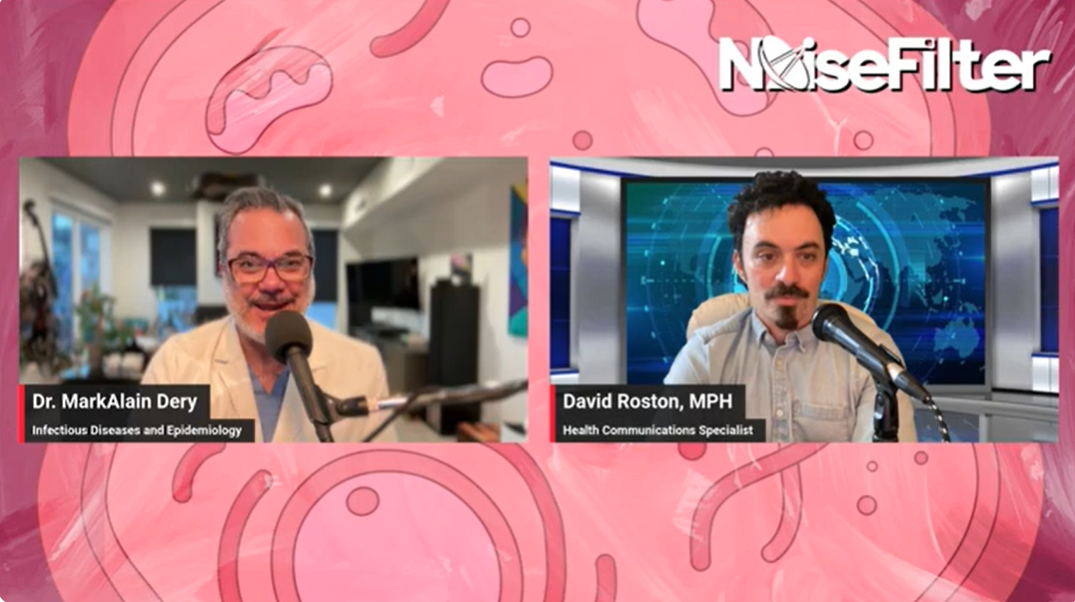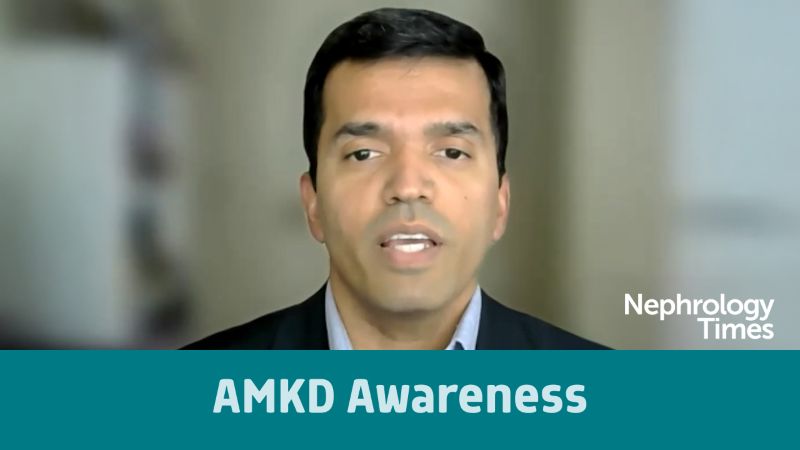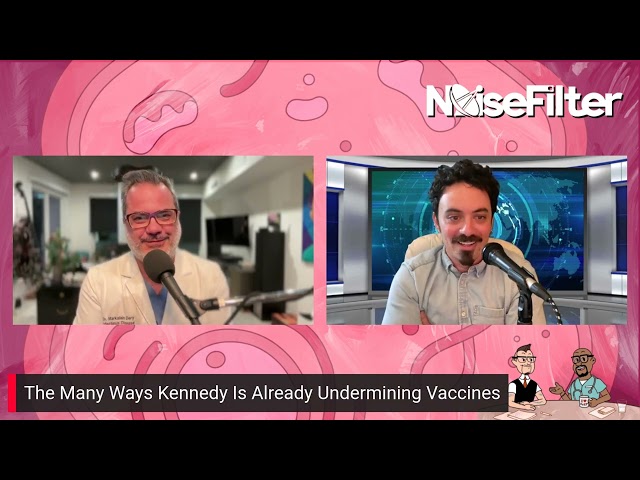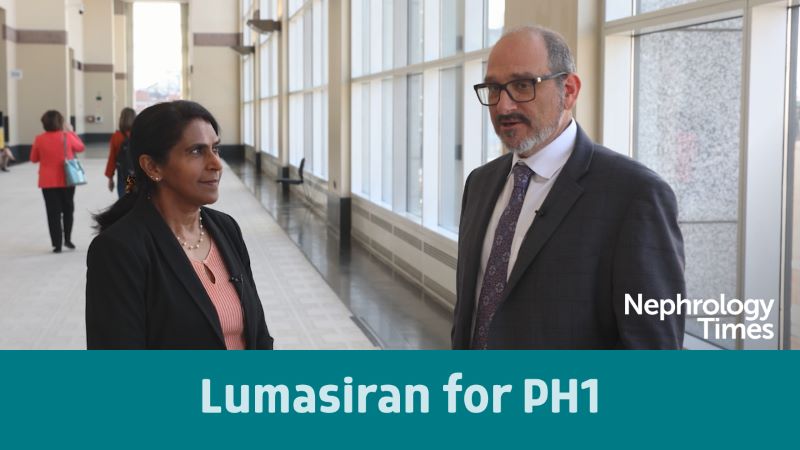Wilk Technologies CEO on Developing Cell-Grown Breast Milk
By Rob Dillard - Last Updated: April 24, 2023The World Health Organization recommends that babies be breastfed for the first six months of life. Breastfeeding is not only important for bonding between mother and child but breast milk also supports growth, neurodevelopment and helps prevent infection, especially in the gut, by providing important anti-bodies, thus improving the infant’s chances of surviving and thriving.
Despite the known benefits of breastfeeding and breastmilk, many women don’t breastfeed for various reasons. These range from the physiological and pathological to psychological, economic and social reasons. In fact, globally, only 40% of babies are exclusively breastfed for their first half year.
With the reality of so many women not being able to breastfeed – a particular problem in the developing world – Wilk Technologies is working on developing cell-grown breast milk. The company is developing a process whereby mammary cells are extracted from a woman and cultivated in a lab to produce real breastmilk.
DocWire News spoke Tomer Aizen, CEO of Wilk Technologies, to discuss how lab grown cell cultured breastmilk can help support women and infants in healthy growth and development.
DocWire News: Can you provide us with some background on yourself?
Tomer Aizen: So my name is Tomer. I’m 42-years-old. I joined the company about a year and a half ago once the agreement was signed with the Hebrew University and we needed to start establishing the company. Recruiting the employees, finding the right location and facility. And before joining Wilk, the previous name was Bio Wilk of the company. So I’m still sometimes mentioning the previous name. So before I joined Wilk, I worked for 15 years for global companies. The last company that I worked for was Johnson and Johnson, a worldwide company as you know.
My last position was I was the business unit manager for Ethicon, all the surgical equipment for the OR. Over there, I managed a group of 60 sales rep, logistics, marketing, and et cetera. The business was around 100 million. It was like managing a company, the P&L and everything. So my skills are mainly in managing people, managing complicated situations, launching products, understanding the technology, working with scientists and surgeons. So I got a lot of experience during the 15 years that I worked for the company. I was serving in the army for four years in the Navy in THE battleships. I’m married with three wonderful children and living in the center of Israel. That’s me.
Rachelle, what role do you play in the company as CMO?
Rachelle Neumann: I am part of the management team together with Tomer and other colleagues. And I take care of everything that has to do with marketing, corporate affairs, and sustainability.
What is Wilk Technologies, and what is its mission?
So our mission is very clear, is producing milk, cultured milk, that will be available anytime, anywhere to humankind. So our main mission is to create the real milk, not an alternative milk from the actual cells of the mammalian or from the women. And really supplying the nutritional benefits of milk to mankind in a sustainable manner, of course.
What are the benefits of breastfeeding? Also, what are the reasons why many women don’t breastfeed?
First of all, it’s important to say that there’s no other food that is better for babies than breast milk. A lot of research shows that breastfed babies have stronger immune systems, less diarrhea, reflux, and pre-term necrosis. The word is- (necrotizing)
Mm-hmm (affirmative). Fewer air infections, lower rates of infant mortality. So as you can understand, there’s no replaceable for breastfeeding. That’s the most important thing to understand. And it’s not surprising that the WHO recommends breastfeeding for at least six months, okay? But as you know, in reality, babies are breastfed for less than half of that. And we see the huge challenge facing breastfeeding throughout the world. So there’s many reason why women might not breastfeed, okay? Some of them are physiological, even pathological. Some of them are economical and social. And at the end, regardless of the reason, it doesn’t matter the reason, we are here because it’s highly relevant to supply this mission. To supply the real nutrition of breastfeeding. And we’ll be the only one that will be as close to the real breastfeeding, because we’re going to create the same components from the actual cells, the epithelial mammary cells to be as close to the real breastfeeding.
Are there any data that back the efficacy of cell-grown breast milk?
Yes. So just about the technology. And then I will tell you what it… we are a public company. So we already announced our latest accomplishment that we had in our labs. So we just announced, I think it was a month ago, that we are already seeing that our actual selves that we get from donation already secreting fat. We can see there’s fat in the medium and inside the cells. What puts us in a stage that we understand that we can, in short-term, integrate that fat into the infant formula products right now on the shelf. So that’s the first thing that we already said, “Okay, we see the fat.” And as you can understand, fat is one of the most important ingredients, components for the babies in order to really grow, build their digestive system for the neuro system and preventing illness.
So that’s just the first achievement that we have. We’re facing right now trying to announce, or to see the actual proteins that will be secreted from the cells. And I just want to tell you about the technology a bit, so you understand once I say that we already see it. So where do we see it? So think about the cycle. We get the cells from donations. We have two approvals. One Helsinki approval. It’s like a European approval. Once you start a trial research on something that is human, you have to get the right permission. So we got two Helsinkis, one with Beilinson Hospital. It’s a hospital in the center in Petah Tikva. And the other one is [inaudible 00:06:42] Hospital. That from Beilinson, we get the actual milk that comes from donation from women that are breastfeeding.
So we can take from that milk the actual mammary epithelial cells and grow them in our actual facility, in our labs. Then we cultivate them. We build the right structure. The same structure that is built in the actual breast, okay? By providing those cells, the secret sauce that we created, we developed, that’s the medium. So we feed them with the right sauce. They cultivate, meaning duplicate. Once we see the actual structure that we need, that it’s built as we need it, we induce them with other sauce, sending them the signal to start secreting. Once they are secreting, they’re secreting the actual components that we are looking for, okay? But they secret it into the medium, to the sauce. And that way, we start down streaming that, start filtrating, dividing the medium from the components. So that’s why we already declared that we see the fat inside the medium, and we know how to clean it.
That’s from the cells that we got from Beilinson. A few months ago, we started another research in the same process in the lab, but we get the cells, the actual cells from [inaudible 00:08:14] Hospital. Over there, they sent us the actual tissue from breast subduction from women that are going under a surgery for breast reduction. Usually it went as waste, right? But we take it, we pay them, we compensate them. And once you get the tissue, we work on it. And we know how to isolate the actual cells that we need and grow them in the same process that I told you a few minutes ago. So there’s huge results, very good results. And we are always progressing in order to achieve our goal. And it’s reaching the market in 2024.
How big an impact can Wilk have on women and infant health?
It’s a wonderful question. It’s huge. Think about it. As I told you, breastfeeding can be a challenge. And we are seeing, we are facing a situation right now globally, that you can see that a lot of women are facing that challenge. So you can see there’s a huge market of women selling to each other in eBay the actual milk, because they understand they need the natural way of feeding the babies. And it’s not a secret that buying milk from a lady that you don’t even met before can include inside things that you don’t want to feed your baby. Maybe she drank before wine. Maybe she’s infected with, just for an example, with Corona, okay? So we’ll be as close to the real breastfeeding. And giving it, we’ll be able to deliver it worldwide in a very reasonable price and really helping all the humanity. Really giving the babies the real nourishment they need. So, if you want, Rachelle, to help to jump in-
Rachelle Neuman: Yeah. And on top of what Tomer is saying, there is something that really blows people’s mind. And I include myself in when I first heard about this, because breastfeeding and breast milk is not only the best nourishment for babies, but it can really become life saving nourishment for preterm babies. Let me explain to you why I say this. So preterm babies worldwide, they need breast milk to survive. And when they don’t get this breast milk for many reasons, sometimes physiologically-wise women are not able to breast feed them. Or there is not enough breast milk to feed them. The mortality rate of these preterm babies is half of what it would be if they were breastfed.
So really, breast milk becomes a medicine. And there is not enough breast milk in the world. You can see now in hospitals just in the US that they have to buy this breast milk from women that are breastfeeding or lactating. And unfortunately, many, many babies are not able to survive. So when you asked what’s the impact, just imagine it’s not only really providing the world in future generations with a real meal, with breast milk, that is going to be part of infant formulas. But we are really saving lives. So your impact just gets exponentiated in a way that it can’t even be measured right now.
Tomer Aizen: Another point to emphasize is that, beside that, the impact that we are able to do is endless because our business model is to become a B2B company, okay? So that way, it means that we’ll be providing the real milk, the real components, to all industries. So the spread will be globally. Each company will be able to buy the exact component she needs in order to integrate it to the exact infant formula. And it can be tailor made from babies from zero to three months, or three months to six months, and et cetera. So you see possibilities are endless.







 © 2025 Mashup Media, LLC, a Formedics Property. All Rights Reserved.
© 2025 Mashup Media, LLC, a Formedics Property. All Rights Reserved.